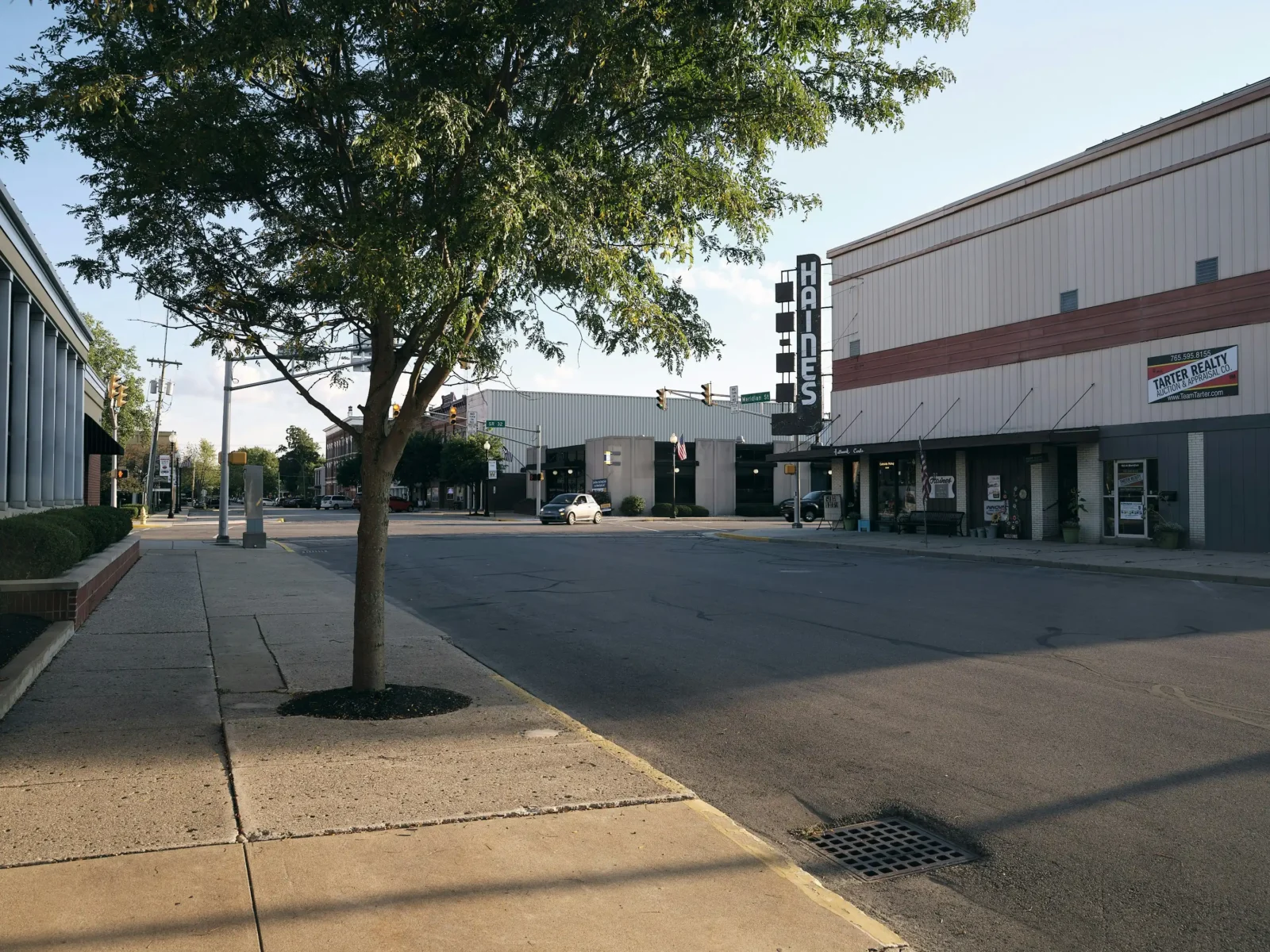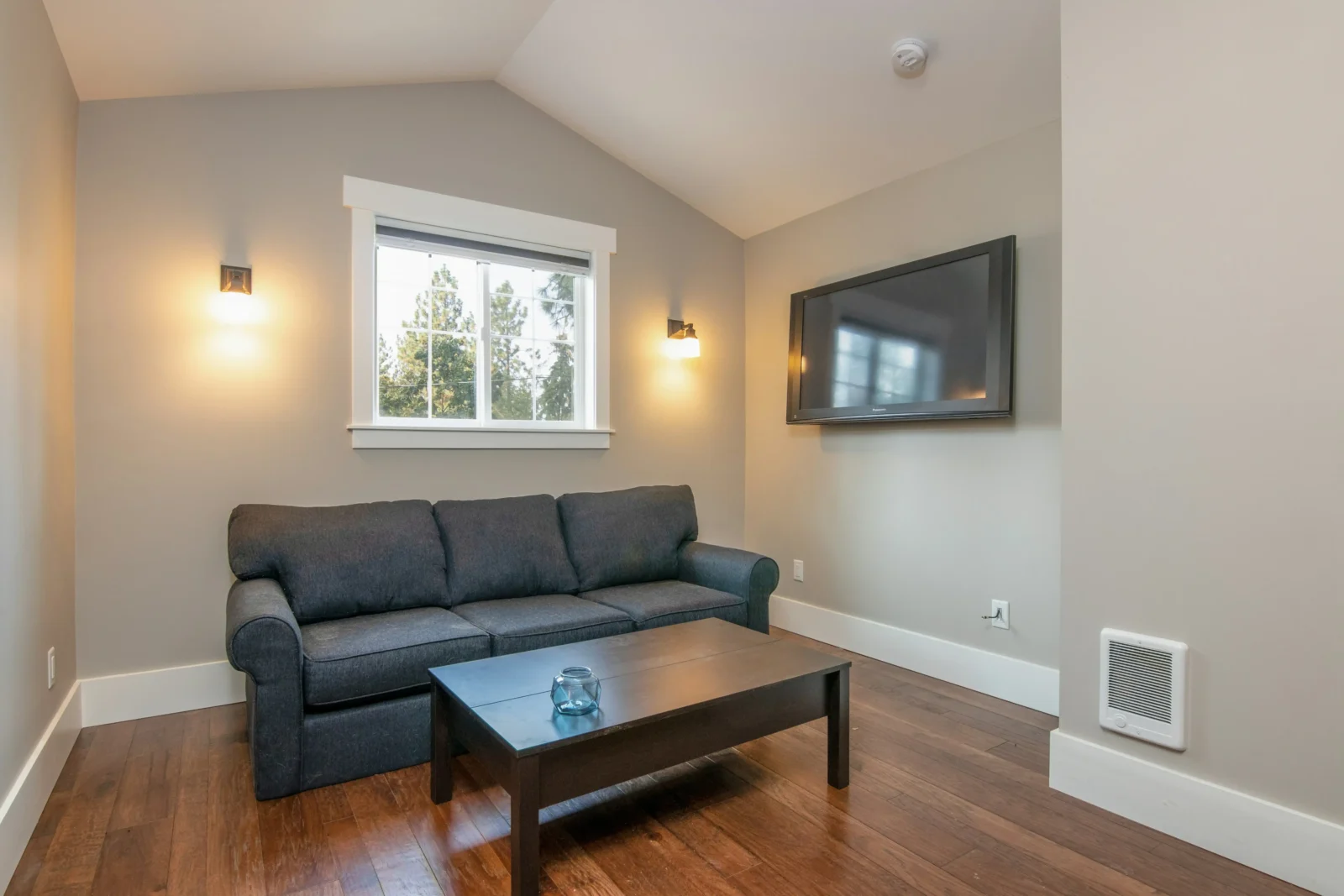- Home
- Articles
- Architectural Portfolio
- Architectral Presentation
- Inspirational Stories
- Architecture News
- Visualization
- BIM Industry
- Facade Design
- Parametric Design
- Career
- Landscape Architecture
- Construction
- Artificial Intelligence
- Sketching
- Design Softwares
- Diagrams
- Writing
- Architectural Tips
- Sustainability
- Courses
- Concept
- Technology
- History & Heritage
- Future of Architecture
- Guides & How-To
- Art & Culture
- Projects
- Interior Design
- Competitions
- Jobs
- Store
- Tools
- More
- Home
- Articles
- Architectural Portfolio
- Architectral Presentation
- Inspirational Stories
- Architecture News
- Visualization
- BIM Industry
- Facade Design
- Parametric Design
- Career
- Landscape Architecture
- Construction
- Artificial Intelligence
- Sketching
- Design Softwares
- Diagrams
- Writing
- Architectural Tips
- Sustainability
- Courses
- Concept
- Technology
- History & Heritage
- Future of Architecture
- Guides & How-To
- Art & Culture
- Projects
- Interior Design
- Competitions
- Jobs
- Store
- Tools
- More
A Neighborhood Guide for First-Time Renters in Nashville

Table of Contents Show
Moving to Nashville as a first-time renter feels a bit like choosing a college major based on a brochure. Everyone has opinions about where you should live, but most of those opinions come from people who’ve never actually paid rent in Music City.
I’ve walked first-time renters through this decision hundreds of times, and here’s what I’ve learned: Nashville’s neighborhoods have personalities as distinct as the musicians who call them home. The trick isn’t finding the “best” neighborhood, it’s finding the one that matches your rhythm.
Let me save you some mistakes I’ve watched others make (and a few I made myself when I first landed here).
Quick Summary – Best Nashville Neighborhoods by Lifestyle
Before we dive deep, here’s your cheat sheet:
East Nashville – Artsy coffee shops, vintage everything, walkable but car-helpful. Rent: $1,200-$1,800
The Gulch – High-rise living, downtown energy, luxury price tag. Rent: $1,800-$3,500
12 South – Instagram-worthy cafes, young professional central. Rent: $1,400-$2,200
Germantown – Historic charm meets foodie heaven, compact area. Rent: $1,500-$2,400
Sylvan Park – Quiet residential, greenway access, grad student favorite. Rent: $1,100-$1,700
Donelson – Suburban vibes, airport proximity, car required. Rent: $900-$1,400
Antioch – Most affordable, diverse community, developing rapidly. Rent: $800-$1,200

What First-Time Renters Should Know About Nashville
Rental Market Reality Check
Nashville’s rental market moves fast, but not New York fast. You won’t need to show up with cash and three references just to tour an apartment, but decent places in popular neighborhoods disappear within a week of listing.
Average rent has stabilized after the post-pandemic surge. A one-bedroom in a desirable neighborhood runs $1,400-$1,800, while studios hover around $1,100-$1,400. These numbers matter because Nashville salaries, while growing, haven’t quite caught up to coastal standards. Budget accordingly.
The market quirks that trip up newcomers? Parking. Many older buildings charge separately for spots, adding $50-$150 to your monthly costs. Pet fees are common and often steep, $300+ deposits plus monthly rent. And unlike some cities, most Nashville landlords expect first month’s rent, last month’s rent, and security deposit upfront.
Application fees range from $50-$100, which adds up when you’re touring multiple places. The good news? Nashville landlords generally respond quickly, so you won’t spend weeks wondering if you got the place.
Safety, Transit, and Getting Around
Nashville’s safety landscape varies dramatically by neighborhood and even by block. The city’s crime mapping tool gives you real data, but here’s the street-level truth: most Nashville neighborhoods are safe for walking during the day, while evening safety depends more on lighting and foot traffic than crime statistics.
Public transit exists but doesn’t thrive. WeGo buses serve major routes, but service can be sporadic outside downtown and Music Row. The Music City Circuit offers free downtown shuttles, which helps if you’re living in The Gulch or downtown proper.
Most Nashville renters end up with cars eventually. The city sprawls enough that ride-sharing gets expensive fast, and many of the best coffee shops, restaurants, and music venues sit outside walking distance from any single neighborhood.
Biking culture is growing, thanks to expanding greenways and bike lanes, but Nashville’s hills and summer humidity make cycling more recreational than practical for daily commuting.
Best Neighborhoods for First-Time Renters
East Nashville (The Creative Hub)
East Nashville feels like the friend who went to art school and somehow made it work. The neighborhood stretches across several distinct pockets, Five Points, Lockeland Springs, McFerrin Park, each with its own micro-personality.
The vibe hits you immediately: vintage stores that actually have good stuff, coffee shops where laptop camping is encouraged, and enough live music venues to soundtrack your entire social life. Rent typically runs $1,200-$1,800 for a one-bedroom, depending on how close you are to the action.
Pros: Walkable main strips, diverse food scene, accepting community that welcomes newcomers. The Shelby Bottoms Greenway offers running and biking trails that connect to downtown.
Cons: Limited grocery options, parking can be competitive, and some streets flood during heavy rains. Public transit is minimal.
Best for: Remote workers, creatives, anyone who wants to feel like they’re living in Nashville rather than just near it.
I helped Maya, a graphic designer from Portland, find a duplex in Lockeland Springs last year. “It feels like Portland but with better music and cheaper rent,” she told me six months later.
The Gulch (Downtown Luxury)
The Gulch represents Nashville’s attempt at big-city living, complete with high-rises, rooftop pools, and price tags that make your eyes water. This is Nashville for people who want to live like they’re in Atlanta or Charlotte.
One-bedroom apartments start around $1,800 and climb past $3,500 for luxury units with skyline views. You’re paying for location, amenities, and the ability to walk to work if you’re employed downtown.
Pros: Ultimate walkability, luxury amenities, central location for downtown jobs, impressive skyline views.
Cons: Expensive everything, limited personality, parking costs extra, and the social scene skews heavily toward finance and healthcare professionals.
Best for: High earners, people with downtown jobs, anyone who prioritizes convenience over character.
The Gulch works if your budget can handle it and you value proximity over personality. Just know that you’re choosing efficiency over the quirky charm that defines most Nashville neighborhoods.
12 South (Trendy Social Scene)
12 South perfected the art of being popular without losing its soul, though some longtime residents might disagree. The neighborhood centers around 12th Avenue South, a stretch of boutiques, cafes, and restaurants that attracts both locals and tourists.
Rent runs $1,400-$2,200 for one-bedrooms, with the higher end getting you walking distance to the main strip. The neighborhood attracts young professionals, couples, and anyone who wants to live somewhere their visiting friends will actually want to explore.
Pros: Excellent restaurants, boutique shopping, safe for walking, strong sense of community among renters.
Cons: Can feel touristy on weekends, limited late-night options, and popularity drives up costs.
Best for: Social renters, couples, anyone who wants to live somewhere that feels both local and polished.
Sarah moved to 12 South from Chicago and loves how easy it is to meet people. “You bump into neighbors at Frothy Monkey, make friends at yoga class, and there’s always something happening within walking distance.”
Germantown (Historic Foodie Paradise)
Germantown packs a lot of personality into a small footprint. The neighborhood sits just north of downtown, close enough to walk but far enough to feel residential. Historic buildings house some of Nashville’s best restaurants, and the area maintains an upscale-but-not-pretentious vibe.
One-bedroom rent ranges from $1,500-$2,400, with premium pricing for units in converted historic buildings. The neighborhood rewards renters who prioritize quality over quantity, you’ll pay more but get access to some of the city’s best dining and most beautiful architecture.
Pros: Incredible restaurant scene, historic character, walkable to downtown, strong community events.
Cons: Limited neighborhood boundaries mean fewer housing options, weekend crowds from restaurant-goers, and higher costs.
Best for: Foodies, renters who appreciate historic character, people who want urban amenities without high-rise living.
The neighborhood’s compact size means you’ll recognize faces quickly, which creates a small-town feel within the bigger city.
Sylvan Park (Quiet Professional Vibes)
Sylvan Park flies under the radar, which is exactly what its residents prefer. The neighborhood sits west of downtown, offering tree-lined streets, 1920s bungalows converted to apartments, and easy access to both downtown and West End job centers.
Rent runs $1,100-$1,700, making it one of the more affordable options for quality housing close to downtown. The neighborhood attracts graduate students, young professionals, and anyone seeking a quieter pace without suburban isolation.
Pros: Greenway access, affordable rent, quiet residential streets, easy commute to Vanderbilt and West End.
Cons: Limited nightlife, fewer restaurants within walking distance, requires a car for most activities.
Best for: Graduate students, professionals who work near Vanderbilt, renters seeking quiet residential living.
The Richland Creek Greenway runs through the neighborhood, offering running and biking trails that connect to other parts of the city. It’s perfect for renters who want to come home to peace after busy days.

Donelson (Budget-Friendly Airport Access)
Donelson gets overlooked by first-time renters focused on trendy neighborhoods, but it offers something increasingly rare in Nashville: affordable rent near decent amenities. The area sits between downtown and the airport, making it practical for frequent travelers.
One-bedroom apartments run $900-$1,400, often including amenities like pools and fitness centers that would cost extra in trendier areas. The neighborhood has a suburban feel with chain restaurants and big-box stores, but downtown sits just 15 minutes away.
Pros: Affordable rent, airport proximity, chain amenities, easy highway access, safe residential streets.
Cons: Requires a car, limited walkable entertainment, fewer local businesses, can feel generic.
Best for: Budget-conscious renters, frequent travelers, anyone prioritizing affordability over walkability.
I’ve helped several young professionals choose Donelson as a starter neighborhood, saving money while they explore Nashville and figure out where they want to live long-term.
Antioch (Affordable and Diverse)
Antioch represents Nashville’s most affordable neighborhood option, attracting first-time renters, families, and anyone stretching their budget to live in Davidson County. The area has seen significant development recently, with new apartments and improved amenities.
Rent ranges from $800-$1,200 for one-bedrooms, making it accessible for service industry workers, students, and anyone building their first budget. The neighborhood offers diversity often missing from more expensive areas, with restaurants and shops reflecting various cultural communities.
Pros: Most affordable rent, diverse community, new development bringing amenities, good value for space.
Cons: Longer commute to downtown, requires a car, still developing its identity as growth continues.
Best for: Budget-focused renters, families, anyone wanting space and affordability over location.
Antioch works especially well for renters planning to stay a year or two while saving money and exploring other neighborhoods for their next move.
How to Test Drive Nashville Neighborhoods
Here’s something most neighborhood guides skip: you don’t have to guess which area fits your lifestyle. Nashville’s flexible rental options let you try before you commit to a long-term lease.
Month-to-month furnished apartments in Nashville offer a smart way to explore different neighborhoods without the pressure of a 12-month commitment. Spend a few months in East Nashville to test the creative scene, then try The Gulch if you’re craving more urban energy.
When you’re neighborhood shopping, visit at different times and days. That quiet street might sit next to a popular music venue that comes alive Thursday through Saturday. The charming coffee shop could turn into a parking nightmare during rush hour.
Talk to people walking dogs—they know the neighborhood rhythms. Ask about noise levels, parking challenges, and what they wish they’d known before moving in. Most Nashville residents love sharing neighborhood intel with newcomers.
Check out grocery stores, not just restaurants. You’ll be shopping for food more often than dining out, and grocery store quality and pricing vary significantly between neighborhoods.
First-Timer Rental Survival Tips
Lease Red Flags and Green Lights
Nashville landlords range from professional property management companies to individual owners renting out their spare properties. Both can work well, but watch for warning signs during your search.

Red flags include: landlords who won’t allow property tours, requests for money before seeing the lease, significantly below-market rent (often indicates problems), poor maintenance of common areas, and reluctance to answer questions about utilities or policies.
Green lights: responsive communication, willingness to provide references from current tenants, clear lease terms, transparent pricing for all fees, and maintained properties that show attention to detail.
Read every line of your lease before signing. Tennessee law doesn’t require landlords to include certain protections that other states mandate, so understanding your specific agreement matters more here.
Your Rights as a Tennessee Renter
Tennessee tenant laws lean landlord-friendly compared to coastal states, but you still have important protections. Landlords must return security deposits within 30 days, minus documented damages. They can’t enter your apartment without 24-hour notice except for emergencies.
Rent increases require 30-day notice for month-to-month leases. For longer leases, increases can only happen when your lease expires unless the lease specifically allows mid-term increases.
If you’re facing maintenance issues, Tennessee law requires you to provide written notice and allow reasonable time for repairs before pursuing other remedies. Document everything in writing, including photos of problems.
Security deposit disputes are common, so photograph everything when you move in and out. Tennessee allows landlords to charge for normal wear and tear, unlike some states, so document the apartment’s condition thoroughly.
Finding Your Nashville Neighborhood Match
The best Nashville neighborhood for first-time renters isn’t the one with the coolest reputation or the lowest rent, it’s the one that matches your actual lifestyle and budget. If you’re a remote worker who values creative energy over convenience, East Nashville probably beats The Gulch despite the commute challenges. If you’re stretching financially to afford Nashville, Antioch offers more space and community than a cramped studio in a trendy area.
Consider your non-negotiables first: maximum rent, commute requirements, must-have amenities. Then think about your preferences: social scene, walkability, parking, quiet versus energy.
Most importantly, don’t feel locked into your first choice. Nashville neighborhoods evolve quickly, and so do your priorities as you settle into the city. Starting with flexible housing gives you the freedom to explore and adjust as you discover what Nashville living really means for you.
The perfect Nashville neighborhood exists, it’s just different for everyone. Take time to find yours.
illustrarch is your daily dose of architecture. Leading community designed for all lovers of illustration and drawing.
Submit your architectural projects
Follow these steps for submission your project. Submission FormLatest Posts
How Property Owners Are Held Responsible for Slip Injuries
Table of Contents Show Duty of Care Owed by Property OwnersCommon Causes...
Why Hiring a Property Management Company in Henderson, NV Makes Sense
Table of Contents Show Less Stress and Fewer Daily HeadachesBetter Tenant Screening...
Best Tips for Hassle-Free Home Selling
Table of Contents Show Start With A Simple Selling PlanFix The Paperwork...
How to Invest in the Real Estate Industry
Table of Contents Show Choosing the Right PropertyFinancing OptionsPre-IPO InvestingResearch and EducationRental...












Leave a comment